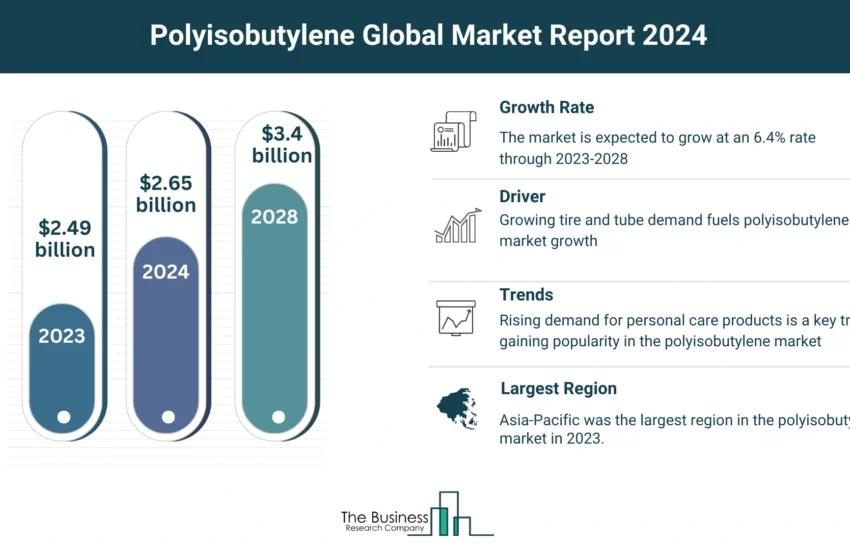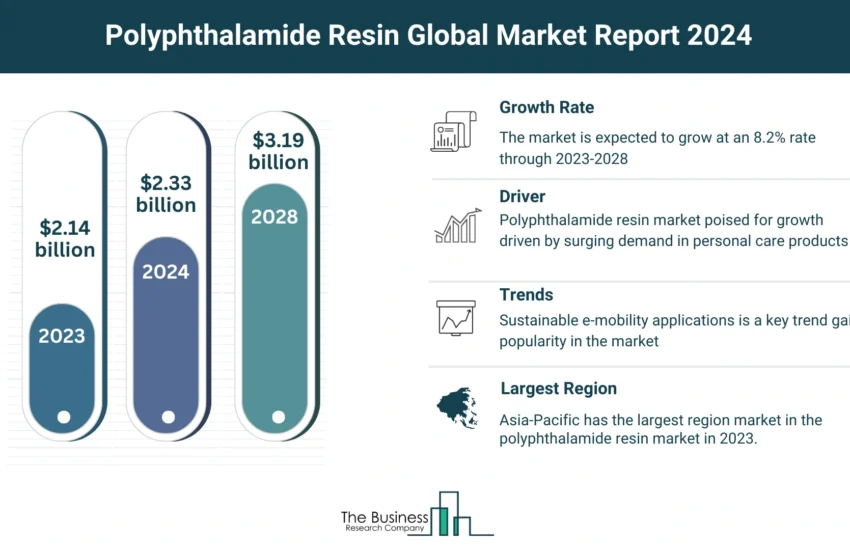Implementation Of Advanced Technologies Will Drive The Chemical Fertilizers Market
The global chemical fertilizers market will grow from nearly $105 billion in 2018 to $121.3 billion in 2022 at an annual growth rate of more than 3.5%. Technology is expected to be a significant driver of market growth during this period. Areas of particular development are likely to be fertigation and foliar applications that require micro irrigation systems for dispensing water-soluble formulations of nutrients. Fertigation is defined as the injection of fertilizers and water-soluble products in an irrigation system. Foliar feeding is the technique of feeding plants by applying liquid fertilizers to their leaves. These systems provide better control over the dispersion of water-soluble fertilizers, the amount of fertilizers and water used, as well as energy and labour spent on applying the fertilizers. By lowering the costs to farmers from using fertilizers and increasing the output benefits, such technological developments will boost the chemical fertilizers market growth.

Technologies such as big data analytics, drone technology, artificial intelligence and mobile applications are also expected to boost the growth of the fertilizers market in the future. For instance, in 2016, Monsanto, an American multinational agrochemical and agricultural biotechnology company, launched its “Climate Basic” app which provides farmers with real-time information such as temperature, weather, soil conditions and optimal levels of fertilizers, collected through satellites. Also, in 2017, Gamaya, a Swiss-based company that develops environmental intelligence platforms, raised $3.2 million to help farmers grow their crops more efficiently and cost effectively by using drone technology and artificial intelligence.
Digital technologies such as the internet of things (IoT) and big data are being used by fertilizers manufacturing companies to optimize operations and reduce operational costs. Social media platforms and digital marketing technologies are also helping fertilizers manufacturers to promote their services to diverse customers across the world. Many companies are investing in IoT and big data technologies for remote maintenance and monitoring of plants. For instance, companies such as Monsanto and Syngenta adopted these technologies to enhance production efficiencies, reduce production costs and to improve production outcomes from the use of fertilizers.
Fertilizers manufacturers are adopting IoT (Internet of Things) technologies to connect manufacturing equipment and smart devices to gather real time insights and identify improvements in the manufacturing process. The data obtained is processed, analyzed and interpreted by plant managers to improve quality and achieve optimum production levels. For example, smart systems give information on the working condition and performance of chemical reactors with embedded software and analytics tools to notify plant operators and managers on possible machine breakdowns. This is helpful in reducing manufacturing downtime and potential revenue loss.



